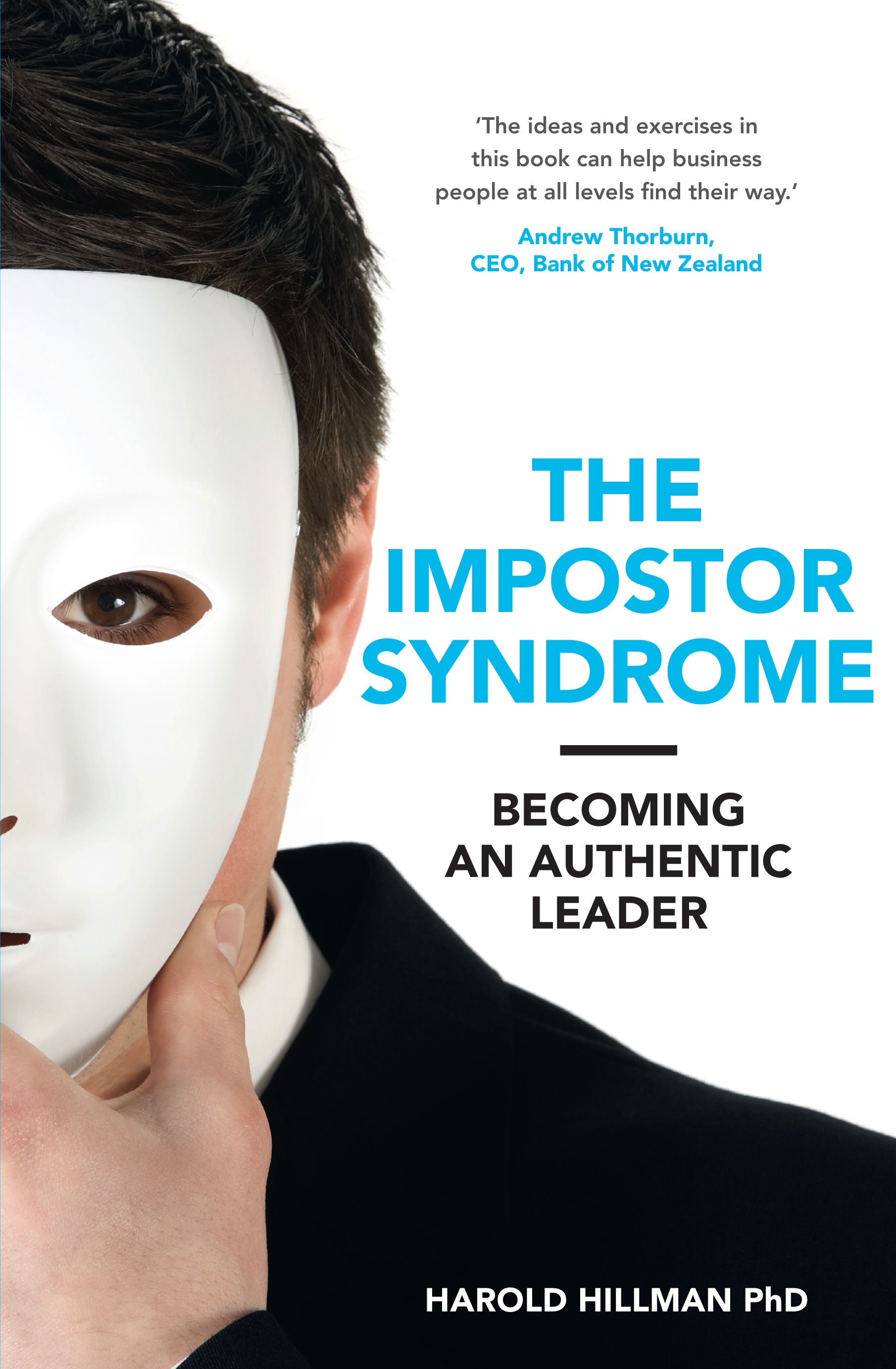Exploring Procrastination, Emotional Dependency, and Impostor Syndrome
Exploring Procrastination, Emotional Dependency, and Impostor Syndrome
Blog Article
In the modern age, many individuals struggle with mental and emotional challenges that hinder their success. Among these, procrastination, emotional dependency, and impostor syndrome are some of the most common challenges. But how can we overcome them?
This article, we will explore the root causes and strategies to address these three challenges. By understanding their impact and learning to manage them effectively, you can take control of your life.
Understanding Procrastination and Its Impact
Procrastination refers to postponing important activities even when you are aware of the consequences. This behavior is frequently linked to emotional or psychological factors, such as anxiety or self-doubt.

When procrastination takes over, can be far-reaching. simdrome do impostor To combat procrastination requires developing better habits and creating actionable plans. Consider techniques like the Pomodoro Technique or focusing on time-bound goals to stay on track.
What is Emotional Dependency?
Emotional dependency occurs when an individual relies heavily on others for validation, support, or happiness. Although relationships are fundamental, emotional dependency turns detrimental when self-esteem is tied solely to others’ approval.

Common signs of emotional dependency include a fear of rejection, difficulty making decisions independently, and an overwhelming need for reassurance. To overcome emotional dependency, it’s crucial to build self-confidence and learn to validate yourself internally. Therapy, mindfulness practices, and journaling can be helpful tools.
What is Impostor Syndrome?
Impostor syndrome refers to a psychological phenomenon where someone feels like a fraud despite evident success. Those affected tend to undermine their abilities rather than recognizing their talent and hard work.

Impostor syndrome often results in anxiety, self-doubt, and a fear of being “exposed”. To overcome impostor syndrome involves reframing negative thoughts and celebrating accomplishments. Engaging in supportive discussions and embracing self-compassion can support personal growth.
Steps to Overcome Procrastination, Emotional Dependency, and Impostor Syndrome
To navigate these issues, consider the following strategies:
- Develop structured daily plans and break larger tasks into smaller milestones.
- Recognize triggers that contribute to your emotional reliance and work towards independence.
- Practice gratitude to counter impostor syndrome and seek professional guidance if needed.
Consistency is key, so keep practicing these methods to see positive changes.
Conclusion: Taking the First Step
Procrastination, emotional dependency, and impostor syndrome can feel overwhelming, but they are manageable with the right strategies. By understanding their roots and applying effective techniques, you pave the way for a healthier, more fulfilling life.
Start today by acknowledging where you stand and implementing small but meaningful changes. Always keep in mind: progress is a journey, not a destination.
Report this page